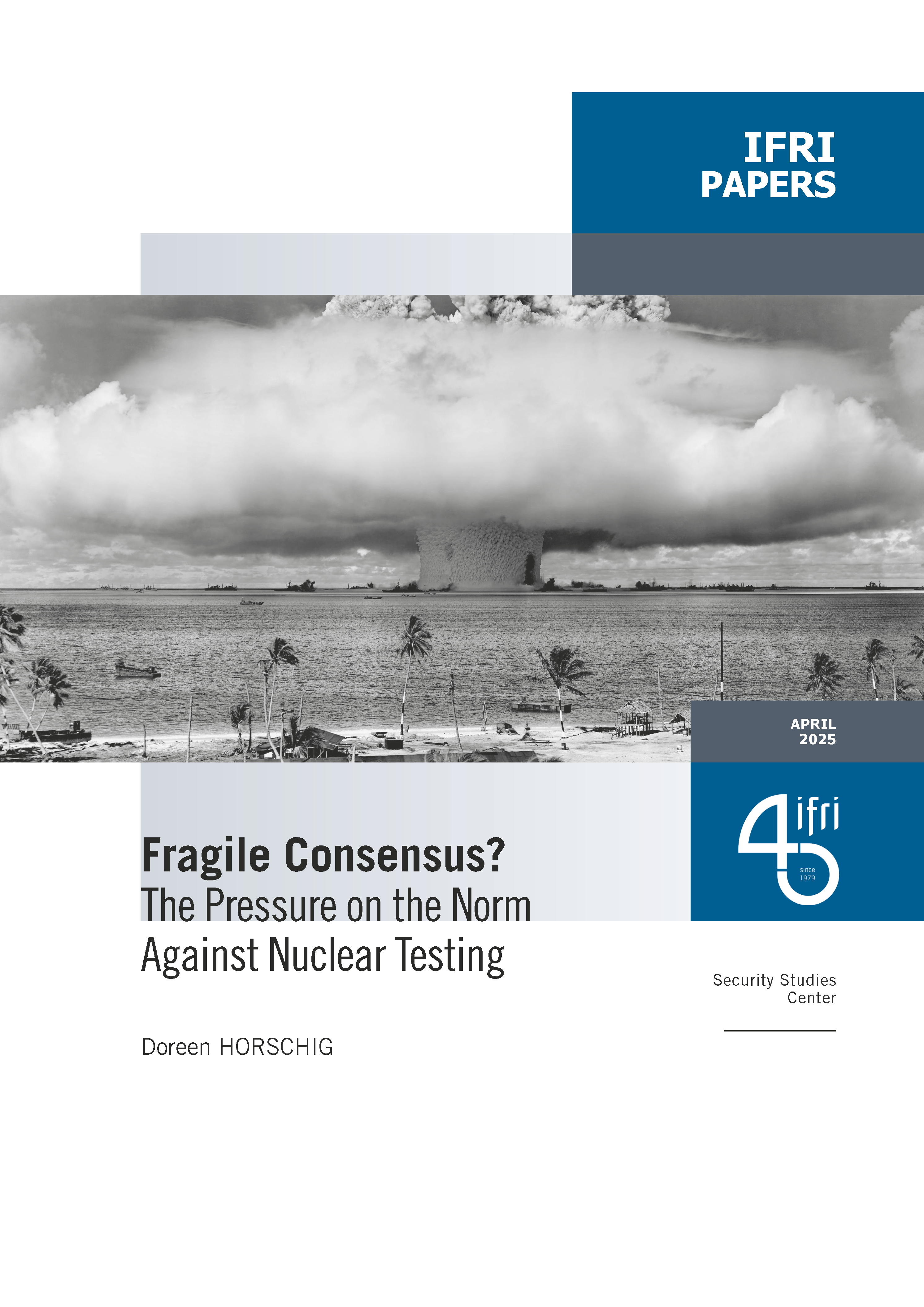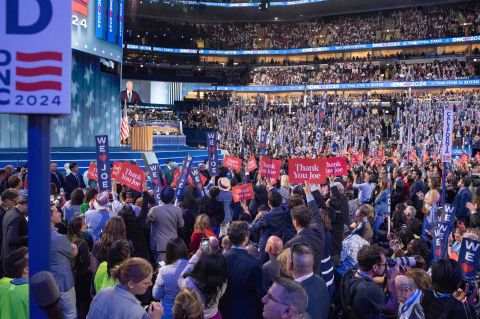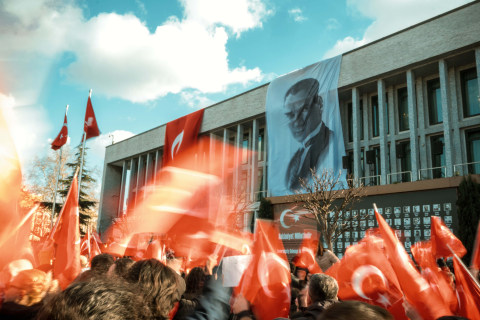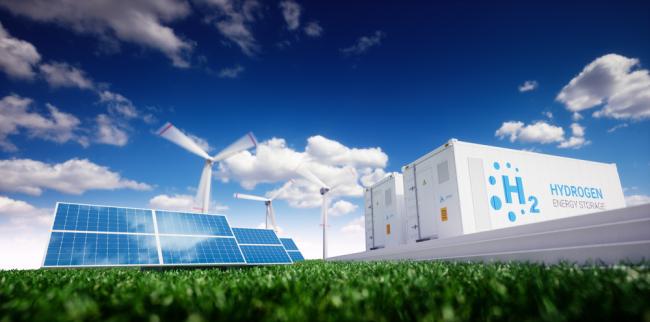Decarbonizing EU’s Economies: A Hydrogen Strategy for the Green Deal

Practical information
Themes and regions
Related centers and programs
EU’s carbon neutrality objective requires to decarbonize all sectors and notably, all gases. Decarbonized hydrogen has now been recognized as a critical element of a carbon neutral economy and energy system. The EU should aim for global leadership in this field while Japan, California or China already showcase strong developments.
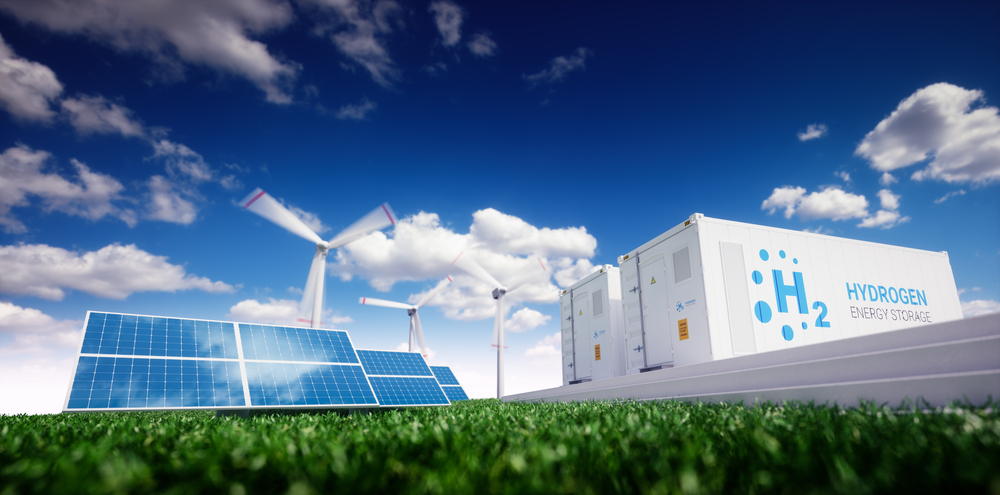
This Ifri Energy Breakfast Roundtable will debate EU's hydrogen strategy for the Green Deal and the multiple role hydrogen should play: What end-uses notably in industry, residential or transport will be needed, where and when? What are the supply and infrastructure side implications and realistic options in the EU and beyond? What segments of the value chain are critical? How to do the scale up to ensure the lowest costs and a coordinated supply, demand and regional planning approach? How best to plan for the smart interplay with the electricity and gas sectors? What needs to be done at EU, Member state, industry and regional levels?
Speakers:
- Cédric Philibert, Senior Associate Fellow, Center for Energy & Climate, Ifri
- François-Xavier Olivieri, Executive Vice President, Hydrogen Business Unit, Engie
- Kilian Crone, Senior Expert, Mobility, Alternative Fuels, German Energy Agency (dena)
- Pierre-Etienne Franc, Vice President, Hydrogen Energy, Air Liquide / Hydrogen Council Secretary
- Diana Warnecke, Senior Manager Energy and Climate Policy, BASF Group
- Christian Weinberger, Senior Advisor - Advanced Industrial Technologies - Hydrogen Coordinator at the European Commission - DG Grow
Moderator: Marc-Antoine Eyl-Mazzega, Director, Center for Energy & Climate, Ifri
Live Stream Conference - The day before the debate, registered individuals will receive a link to join the session
Find out more
Perspectives on a Hydrogen Strategy for the European Union
There is now a wide understanding that larger use of clean hydrogen in future can be an important mean to achieve decarbonisation of the European economy.
Related Subjects
Other events
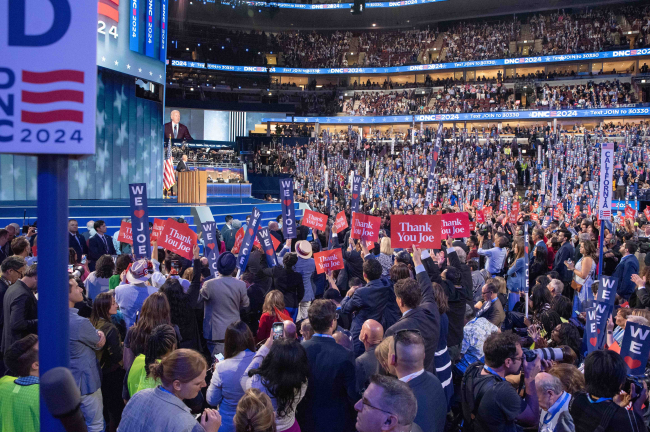
U.S. Politics: Why Are Democrats Unable to Come Up with a Project?
As President Trump's approval rating stagnates in the polls and with 18 months remaining before the November 2026 midterm elections, why is the Democratic Party unable to offer a credible and compelling alternative to middle-class American voters? On what issues and around which figures could the radical left and the moderate left find common ground by then?

Russia, Iran, China, North Korea: The Nuclear Dimension of the Axis of Upheaval
In an international context marked by the resurgence of power rivalries, cooperation between Iran, China, Russia and North Korea is attracting increasing attention.
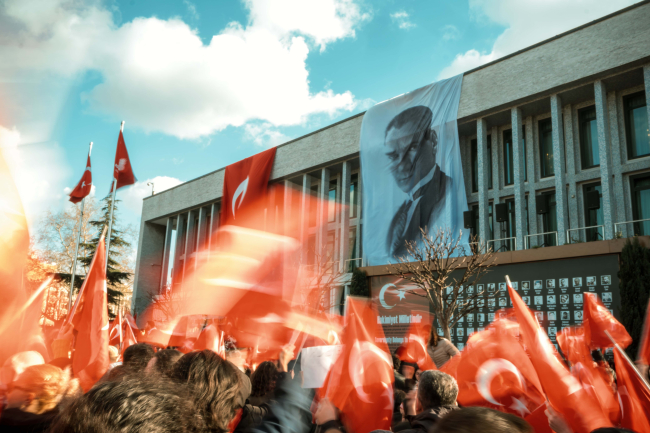
The Resurgence of Risk in Turkey
Turkey has entered a new phase of turbulence. The arrest of Istanbul’s mayor, Ekrem İmamoğlu, on March 19, 2025, triggered a broad protest movement, which the main opposition party, the CHP, is attempting to organize. In parallel, the government continues its peace process with the PKK — a development that could profoundly reshape the country’s political landscape.


